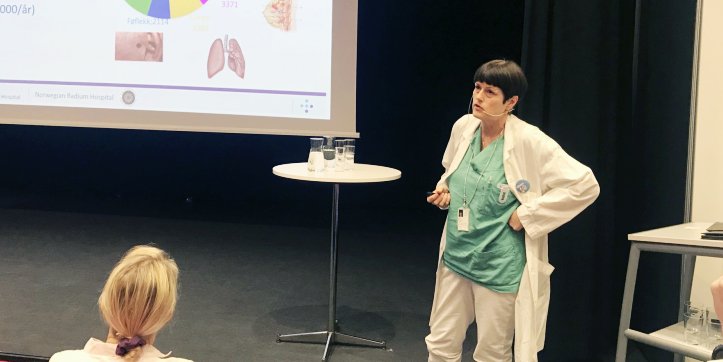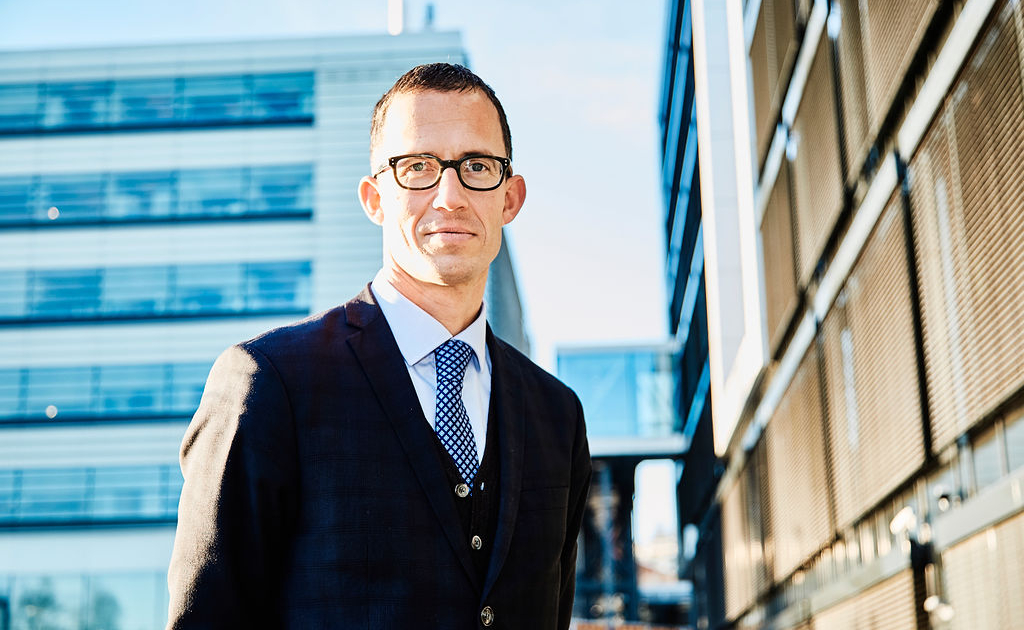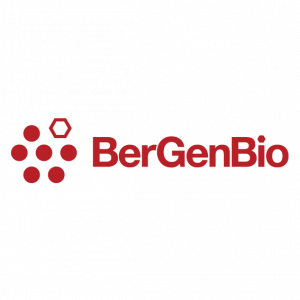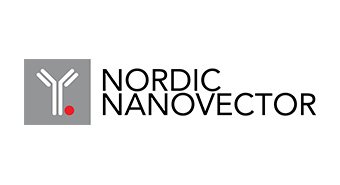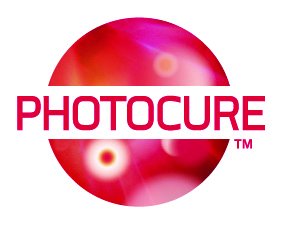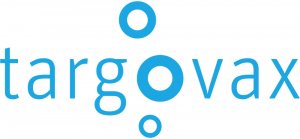Kaare R. Norum has died
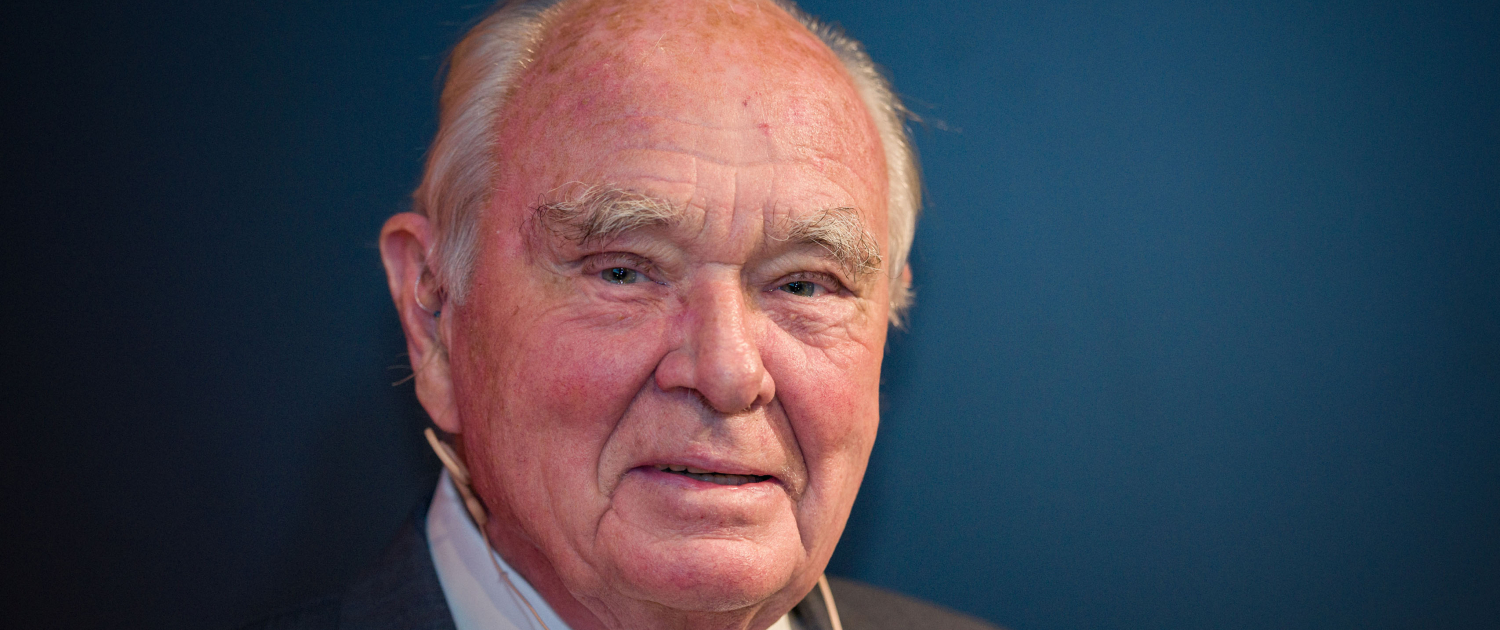
Kaare R. Norum died on Friday 22 November 2019, at an age of 86 years.
Kaare R. Norum was a professor of nutrition and interested in the connection between our diets and the risk of developing cancer. Norum was a driving force behind gathering the scattered cancer research environments in Oslo.
Norum initiated Oslo Cancer Cluster in 2006, together with Jónas Einarsson, CEO of RADFORSK. At the time, Norum and Einarsson realised that a natural cluster within oncology had developed around the Norwegian Radium Hospital.
The old Ullern Upper Secondary School was back then located on the premises next to the Norwegian Radium Hospital. When the old school was due to be refurbished, Norum and Einarsson had an idea. They wanted to build a new school instead, which would become more than just an ordinary school.
Norum signed the collaboration agreement with the school in 2008. During the following years, Norum, the cluster and the school worked so that the school could become part of a completely new innovation park. In this new building, cancer research would unite the school, the research environments and industry.
Making the dream a reality was at times arduous, but in the end, it was worth it. The old school was torn down in the spring of 2012 and Oslo Cancer Cluster Innovation Park was officially opened in August 2015.
The big auditorium in Ullern Upper Secondary School today is aptly named after Kaare Norum. He will always be the man that the students – the researchers of the future – will be inspired by.
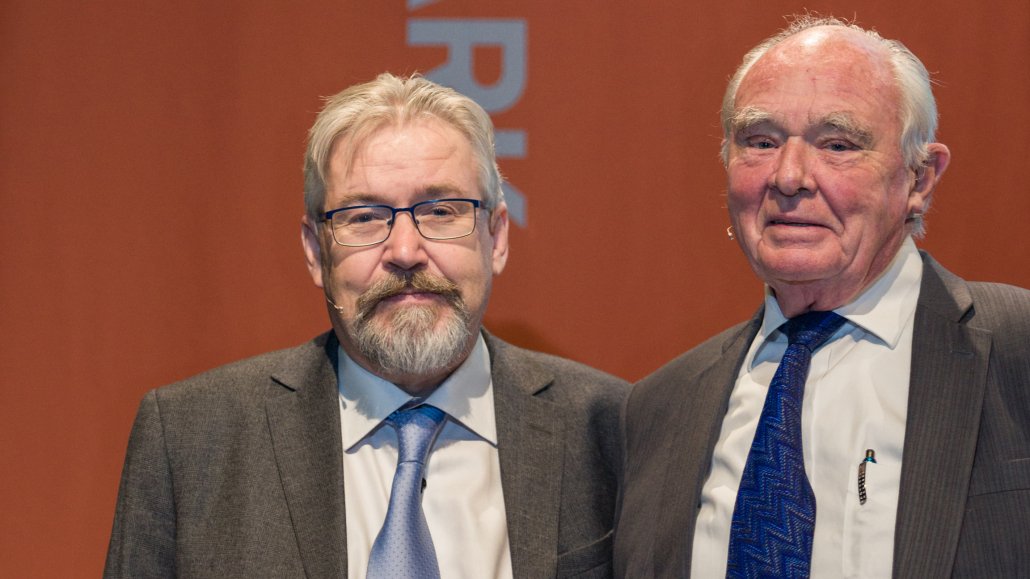
Kaare Norum was active in the establishment of Oslo Cancer Cluster and Oslo Cancer Cluster Innovation Park. In this image, Jónas Einarsson and Kaare R. Norum participated in the opening of the Innovation Park on 24 August 2015. Photo: Gunnar Kopperud
Kaare Norum will be remembered as an ambitious man, who always wished to create new opportunities for science and development. He was generous and he promoted both people and projects.
He was a source of inspiration and support in the work with developing Oslo Cancer Cluster, and he meant a lot to us. He was a part of the board of Oslo Cancer Cluster as an honorary member since the establishment in 2006. He was also, during many years, an important mentor for Jónas Einarsson.
Kaare Norum was forthright and not afraid to challenge established truths or formalities when he looked for support in his most important issues. Lucky for us, in Oslo Cancer Cluster, we were one of his important issues.
Rest in peace, Kaare Norum.
Memorial message by,
Jónas Einarsson (CEO of RADFORSK)
Ketil Widerberg (General Manager of Oslo Cancer Cluster)
Øyvind Kongstun Arnesen (Chairman of the Board of Oslo Cancer Cluster)
Kaare R. Norum (24 December 1932 – 22 November 2019)
Norum was the principal of the University of Oslo from 1999 to 2001.
He wrote about 300 scientific articles and was known internationally for his research on nutrition. He also wrote several books in popular science and course books about health and nutrition.
Norum was Commander of the Royal Norwegian Order of Saint Olav and of the Swedish Royal Order of the Pole Star.

